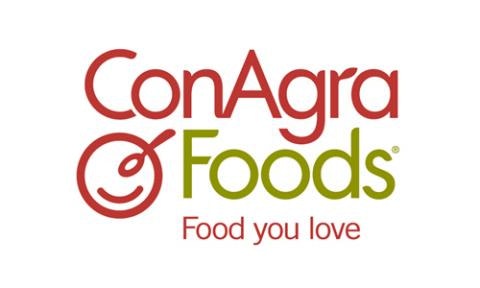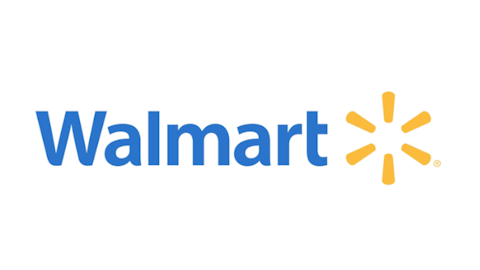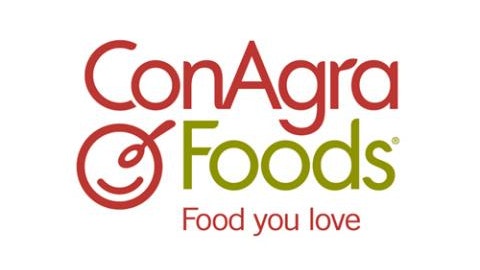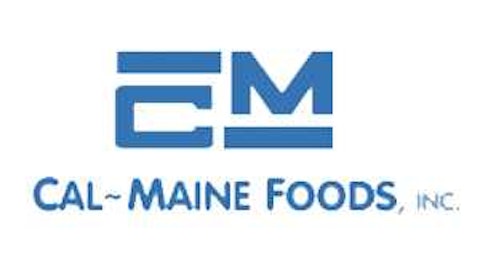Consumer preferences in terms of food seem to be shifting, many people now opting for ‘organic’ or ‘natural’ choices instead of our traditional chemically infused fare. Together with this development, a proposal has been introduced that requires the labeling of genetically modified foods, which opponents claim will drive up the price of groceries. In any case, companies producing packaged and prepared foods seem to be struggling lately, whereas the more natural offerings are booming.
Legislating labels
In recent times, consumers have become increasingly opposed to genetically modified foods. Monsanto especially has been under fire, with millions taking to the streets to protest against the company’s questionable patenting policy and its genetically modified seeds and food. In total, people marched in 436 protests in 52 countries around the world.
Now, US state governments seem to be weighing in on the matter. Connecticut has already passed a bill that requires the labeling of genetically modified foods, and similar proposals are under consideration in Vermont, New Hampshire and Maine. Opponents say the law would negatively affect the image of genetically modified food, while it has not yet been proven beyond doubt to be unhealthy, as well as drive up the price of groceries. Supporters of the bill argue that the price increase would be negligible.

In any case, producers of packaged foods, many of which contain genetically modified substances, seem to be struggling lately. Packaged food giant ConAgra Foods, Inc. (NYSE:CAG) recently came out with fairly disappointing numbers for first-quarter FY2014, missing quarterly earnings-per-share estimates by $0.04.
The consumer-foods segment reported a sizable decline in volume for the quarter, as a result of “difficult industry conditions.” Presumably, this means the shift in consumer preferences toward more natural alternatives. The company lowered its full-year guidance to $2.34-$2.38 from $2.40.
General Mills, Inc. (NYSE:GIS), another staunch opponent of the proposed labeling law, seems to be faring a little better. First-quarter 2014 EPS met analyst expectations, with net sales up 8% to approximately $4.4 billion for the quarter. New products such as Yoplait Greek yogurt and the perhaps unfortunately named Nature Valley Oatmeal Squares contributed to the solid performance. The company reaffirmed its full-year guidance, expecting some decent growth, but investors will be very curious to see how the planned labeling legislation plays out. In any case, the three-to-five year expected growth rate of 7.6% is nothing to write home about.
So what’s organic, anyway?
Booming, apparently. One could easily debate what ‘organic’ or ‘natural’ food actually is, and to what degree these products live up to their name, but it’s hard to deny that the industry is growing like a weed. Whole Foods Market, Inc. (NASDAQ:WFM), a large natural-food supermarket chain, grew its full-year bottom line by nearly 30% between 2011 and 2012, with analysts expecting a three-to-five year growth rate of around 55%. In the most recent quarter, the company opened three new stores, reporting a 7.5% increase in comp sales as well as raising its outlook.
Producers of natural foods are also benefiting. Annies Inc (NYSE:BNNY), which produces GM-free organic goods for health-conscious consumers, is growing revenue rapidly on the back of increased demand. For the latest report, net sales were up a healthy 13.8%, as the company reaffirmed its full-year guidance of adjusted net sales growth between 18% and 20%.
Curiously enough, the sales increase was led by snacks, which supports the notion that Americans are snacking on healthier treats. Analysts are calling for full-year EPS of $0.99 in FY2014 for a 24% increase over 2013.





